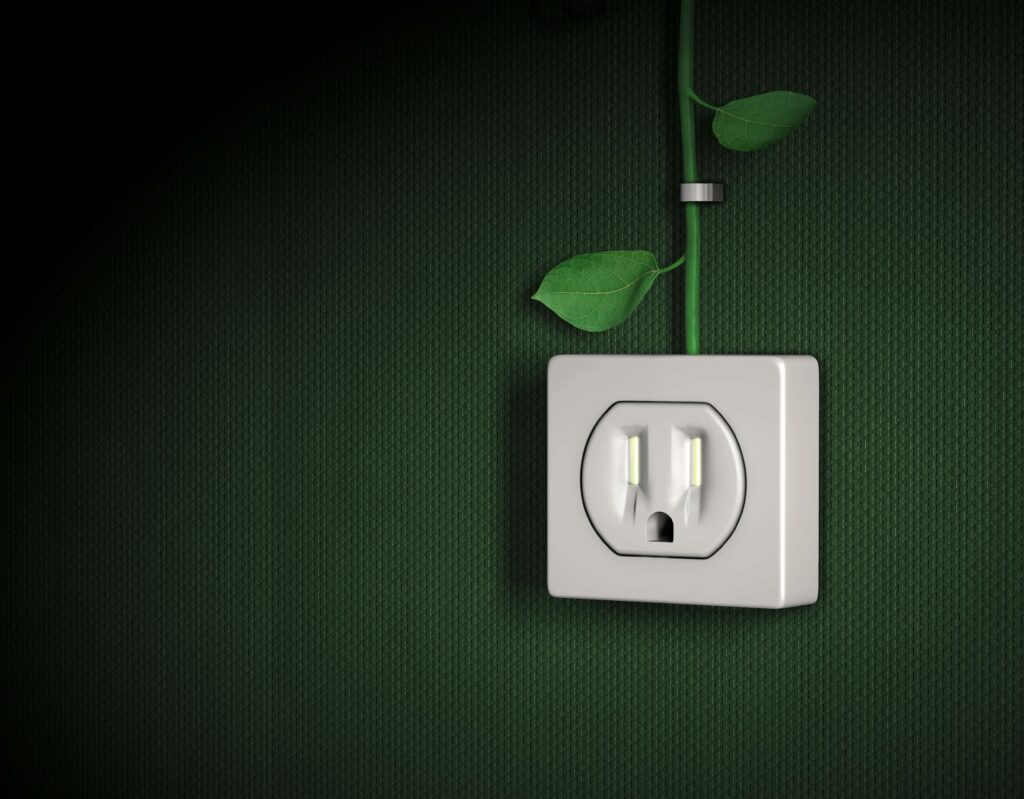Energy conservation is akin to a well-tended garden. Just as a gardener nurtures their plants to flourish and thrive, individuals and societies must cultivate their resources with care and foresight. The act of conserving energy is not merely a trend; it is a necessity that ensures our surroundings remain vibrant and resilient, ultimately supporting the delicate balance of our planet’s ecosystems. Understanding the global benefits of reducing energy consumption can compel every individual to take responsibility, forging a sustainable future for generations to come.
In this exploration, we will delve into the multifarious advantages of energy conservation, illustrating how reducing our energy consumption can yield an abundance of benefits. The discussion will encompass environmental impact, economic advantages, and societal implications, weaving together the intricate tapestry of why energy conservation stands as a pillar of modern life.
The Environmental Canvas: Painting a Greener Future
Each unit of energy consumed imprints its mark on the environment. Fossil fuel combustion releases greenhouse gases into the atmosphere, contributing to climate change. Conserving energy, therefore, is integral to mitigating the consequences of global warming. By adopting energy-efficient practices, we can significantly diminish our carbon footprint and breathe life into our planet.
Consider renewable energy sources such as solar, wind, and hydroelectric power. When we prioritize energy conservation, we enable these clean alternatives to play a more prominent role in our energy mix. This transition fosters a reduction in air pollutants and safeguards ecosystems from the ravages of fossil fuel extraction. Instead of allowing our lifestyles to erode nature’s gifts, energy conservation channels our efforts toward preserving biodiversity and protecting wildlife habitats.
Furthermore, the interconnectedness of our global environment is irrefutable. The energy choices made in one part of the world reverberate across continents. As emerging economies bloom, the pressure on energy resources increases, making energy conservation an imperative. Intentionally moderating consumption can help stabilize the energy grid, fostering international cooperation and generating a cascade of positive effects on both local and global scales.
Economic Wisdom: Investing in the Future
Energy conservation is not merely an altruistic endeavor but a wise financial strategy. Reduced energy consumption translates to lower utility bills, which can offer immediate relief to household budgets. The cumulative savings can be reinvested into personal growth or community endeavors, amplifying the economic well-being of families and neighborhoods.
On a larger scale, businesses that embrace energy efficiency often witness a surge in productivity. Implementing energy-saving technologies can yield substantial returns on investment, enhancing operational efficiency and fortifying profit margins. The transition to energy-conscious practices can invigorate economies, creating jobs in the burgeoning green sector. From engineers to installation technicians, the shift toward energy conservation fosters a new workforce dedicated to sustainable innovation.
Moreover, governments and policymakers can harness energy conservation as a tool for economic resilience. By promoting conservation initiatives, communities can decrease their reliance on imported fuels, leading to greater energy independence. This strategic move can insulate economies from fluctuations in global energy markets, providing a buffer against volatile price spikes and securing long-term stability.
Societal Impacts: Cultivating Community Resilience
Energy conservation transcends individual actions; it fosters a sense of collective responsibility. When communities unite to embrace energy-efficient practices, they cultivate resilience against crises. The shared objective of reducing energy consumption enhances social cohesion, as people come together to advocate for sustainable initiatives and practices.
Cultural shifts toward mindful energy usage can redefine societal norms. Educating individuals about the importance of energy conservation elevates awareness, transforming passive consumers into proactive stewards of the environment. Schools can become hubs of knowledge, instilling a sense of responsibility in future generations, ensuring that the importance of energy conservation is woven into the very fabric of our culture.
Additionally, energy conservation can drive equitable access to resources. By lowering energy consumption for all, the burdens of energy inequality become less pronounced. Communities with limited financial resources often shoulder the greatest energy costs, exacerbating socio-economic disparities. Advocating for energy conservation equips marginalized populations with the tools and strategies to access affordable and sustainable energy solutions, ultimately uplifting the entire community.
In Closing: A Call to Action
The conversation surrounding energy conservation is multifaceted, touching on environmental, economic, and societal spectrums. Each benefit is a ray of light piercing through the clouds of uncertainty, illuminating the path toward a sustainable future. As individuals, communities, and nations, the choice to conserve energy is ours to make. The aspiration to innovate in energy-saving practices requires collective strength, imaginative solutions, and unwavering resolve.
Let us embrace the philosophy of conservation, cultivating a world that thrives not merely on energy consumption but on wisdom and stewardship. By prioritizing energy conservation, we are not just protecting our planet; we are nurturing our future, ensuring that the fruits of our labor flourish for generations to come. Take the first step today; every small action contributes to the grand narrative of our planet’s resilience.



